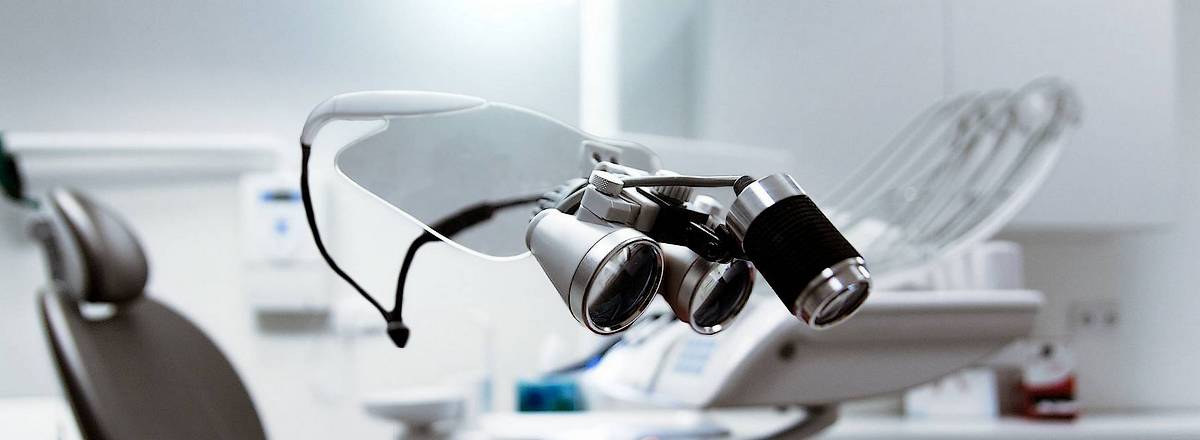One of the most common questions patients ask before choosing dental implants is how long they will last. While there isn’t a single definitive answer, dental implants are designed to provide long-term durability if properly maintained. However, their longevity can be influenced by various factors such as oral hygiene, overall health, and regular dental check-ups. With the right care, implants can remain strong and functional for many years.
Factors Affecting Implant Longevity
Dental implants are unique in that they closely replicate natural tooth structure, providing both strength and stability. However, just like natural teeth, implants can be impacted by various factors:
- Oral Health: Poor oral hygiene and gum disease can compromise the longevity of implants, just as they can with natural teeth.
- Accidents: Trauma or injury can cause damage to both teeth and implants, potentially shortening their lifespan.
- Implant Quality: The standard of materials and engineering used in the implant itself plays a significant role in how long they last. At Elgin Dental Care, we only use the best and most thoroughly tested implants on the market, with some brands having over 40 years of high-quality testing behind them.
- Care and Maintenance: Regular check-ups and proper care are essential for ensuring that implants remain in good condition for many years.
- Health Conditions: Changes in your overall health, such as uncontrolled diabetes or high blood pressure, can affect implant success.
- Teeth Grinding: Chronic teeth grinding (bruxism), if left untreated, can lead to bone loss and compromise the stability of implants over time.
Find Out How Implants Can Work for You
What Research Tells Us About Implant Lifespan
Research shows that high-quality implants, when placed by experienced professionals, have a very high success rate. A study found that individuals in areas with better access to quality implants had a 20-year implant survival rate of over 95%, while lower-quality implants saw a 14% loss rate over the same period. The materials and methods used in modern implants have evolved significantly. Early implants relied on fibroosseous integration (a weaker connection), while today’s implants use osseointegration, where the bone fuses directly with the titanium implant for a stronger, more durable result.
Recent research into modern implants shows that survival rates are consistently over 90% after 6–7 years, and studies looking back over 20 years show an average success rate of 82%. Factors like implant quality and the skill of the practitioner have a significant impact on long-term success.
Why Choose Quality Implants and an Experienced Surgeon?
The success and longevity of dental implants are strongly linked to the quality of the implant itself and the expertise of the practitioner. Studies comparing implants placed by experienced surgeons with those performed by less experienced practitioners found a 95.5% survival rate in the group handled by more skilled professionals, compared to a 74% rate in the group treated by less experienced providers.
Choosing a well-qualified, experienced surgeon and high-quality implants significantly reduces the likelihood of complications and ensures the best possible outcome. At Elgin Dental Care, we focus on providing the best materials and the most skilled practitioners to give you the long-term success you deserve.
A Clearer View on Implant Longevity
While it’s difficult to provide a definitive timeline for how long implants last, the good news is that with the right care, high-quality implants can last as long as natural teeth. Like your natural teeth, implants rely on good oral hygiene and regular dental check-ups to stay healthy.
At Elgin Dental Care, we are committed to providing exceptional long-term care for our patients. Our focus is on giving you a smile that not only looks great but lasts for life.
Ready to Learn More About Dental Implants?
Contact our team today to schedule a consultation or ask any questions you may have. We’re here to help you every step of the way.

